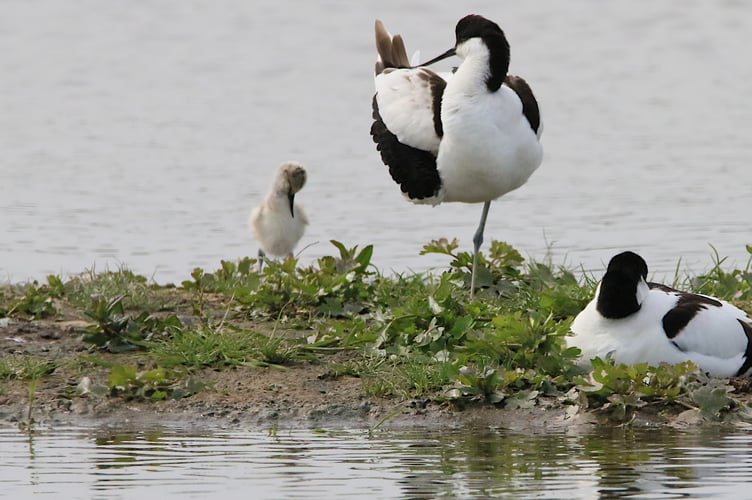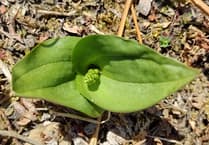“Unpredictable weather patterns during the last 12 months have thrown nature into chaos,” the National Trust reports in its Weather and Wildlife Review for 2024. While the RSPB has warned that, “Climate change is the greatest long-term threat to nature and people we face.”
In the UK, our changing climate has led to the slow loss of predictable weather patterns and changed the timing of the seasons, disrupting the life cycles of both common and rare species. Warmer air can hold more water, so rainfall is increasing across the world.
England had its wettest 18 months between October 2022 and March 2024 since Met Office records began in 1836, with the wettest winter and early spring in 2024. This caused a noticeable decline in butterflies, moths, bees and wasps, and hampered the survival of young birds and bats that feed on the abundance of caterpillars and insects in a traditional spring.
Autumn brought some heavy storms; Storms Bert and Darragh caused flooding and high winds bringing down hundreds of trees at National Trust properties, including 250 at Killerton and 100 at Arlington Court in Devon.
Ben McCarthy, Head of Nature Conservation and Restoration Ecology at the National Trust, called the overall trends alarming, warning, “The unpredictability of the weather and blurring of the seasons is adding additional stresses to our struggling wildlife.”
The shores of the UK are globally important for many seabird species. Unstable weather patterns caused by the changing climate and bird flu have led to alarming drops in seabirds. Ground-nesting waders such as avocet, lapwing and redshank also had a poor breeding season.
In Great Britain, one in six species are threatened with extinction. Conservation and restoration work are vital and urgent. However, the National Trust report highlights examples where such work has had encouraging results, like peatland restoration on Dartmoor.
Restoring peatlands helps hold more rainfall in our landscapes, reduces flood and wildfire risk and keeps carbon locked away in peaty soils. It supports rare plants, amphibians and dragonflies, like the UK’s smallest dragonfly – the black darter – which returned to newly-created pools at Great Gnats Head near the source of the river Plym on Dartmoor.
Nature’s recovery is essential for tackling the climate crisis as damaged ecosystems contribute to climate change. Restoring nature can help us slow, and adapt to, the effects of climate change and build climate resilience that benefits people and wildlife.Bottom of Form
Ben McCarthy of the National Trust considers that, “The Government’s target of ensuring 30 per cent of the UK is well managed land for nature by 2030 is the absolute minimum of what we need to be aiming for to ensure nature recovery… and by ensuring our peatlands, woodlands and rivers are restored to full health we can make great strides in helping our wildlife adapt to our changing climate.”
With many more conservation and restoration efforts planned, let’s make 2025 a better year for struggling wildlife. To make this a reality, we all need to act for nature whenever we can.





Comments
This article has no comments yet. Be the first to leave a comment.